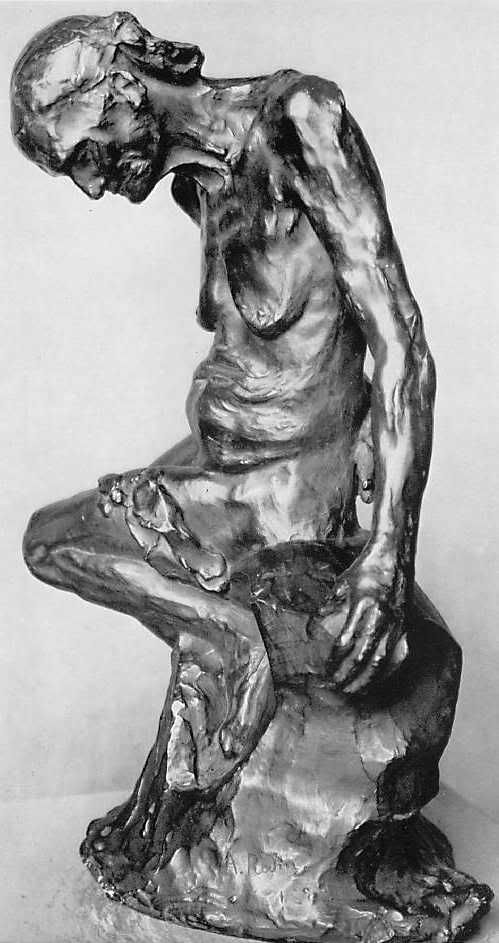This is a question I think progressives need to spend more time contemplating. Our commitments tend to be about moving forward to correct the wrongs and injustices faced by people in the world. But the truth is, too many times our efforts either don’t help or create unintended consequences that can make the situation worse.
A co-worker and I spend quite a bit of time contemplating this question as we attempt to manage programs at a small nonprofit whose mission is the work with troubled youth and families. And I was reminded of the question last night while listening to a portion of Krista Tippent’s NPR program, Speaking of Faith. Her guest was Binyavanga Wainaina, editor of the Kwani? literary journal and a visiting professor of Africana Studies at Williams College in Massachusetts, for a show titled The Ethics of Global Aid, One Kenyan’s Perspective. Here’s a quote from Mr. Wainaina that was highlighted in the conversation.
A lot of people arrive in Africa to assume that it’s a blank empty space and their goodwill and desire and guilt will fix it. And that to me is not any different from the first people who arrived and colonized us. This power, this power to help, is just about as dangerous as hard power, because very often it arrives with a kind of zeal that is assuming ‘I will do it. I will solve it for you. I will fix it for you,’ and it rides roughshod over your own best efforts.



